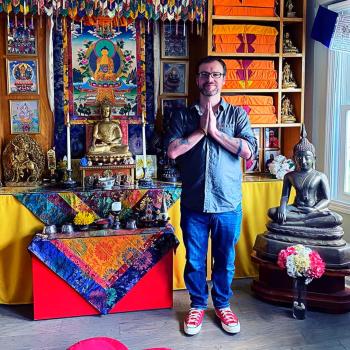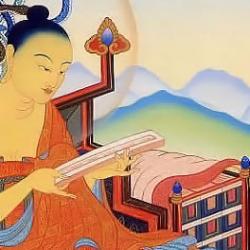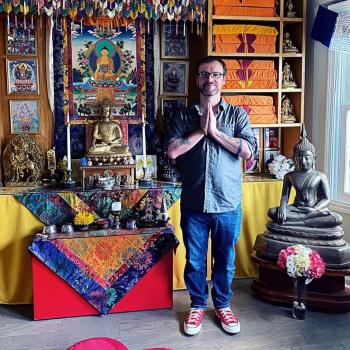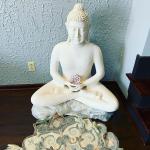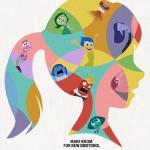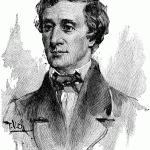“A practitioner who has spent time reflecting on karma will engage in as many positive actions as possible while avoiding harmful ones. When we focus on generating positive intentions and engaging in positive actions, our entire experience will be transformed as we sow the seeds for happiness.”
-Khentrul Lodro Thaye
The idea behind karma is that actions have consequences. Of course we know this. We are well aware that if you put your hand on a hot stove you’ll burn yourself and we know that if you drive too fast you can get pulled over by police or, worse, get in an accident. But, sometimes we feel like things are happening for no reason. I know I’ve seen in my own life where I knew I was doing something wrong (and making excuses to convince myself it was okay) and I did it anyway. And then later consequences that should have been predictable came to me.
If you want to listen to a podcast on this subject, click here: Karma
When we hear the word karma, we tend to think of some sort of cosmic scoreboard where we’re trying to get the right amount of points. That’s not really how I want to think about it. It’s simply the idea that when we do certain things it’s more likely to lead to results we don’t like and if we do other things it’s more likely to lead to results that benefit ourselves and others.
In ‘The Power of Mind’ Khentrul Lodro Thaye says, “An action is called positive, or virtuous, when it creates a cause for future happiness. This means the action becomes a source of future happiness, joy, and pleasure. An action is called negative, or non-virtuous, when it results in future suffering – physical, verbal, or mental. When we die, the habitual tendencies of these positive and negative actions are what form our future experience. The results of our actions are infallible.”
I think there’s a reason all the oldest Buddhist meditation manuals start with, and spend a lot of time, talking about ethics. Cultivating virtue in our lives helps us stop being so self-obsessed. And we need that because our self-obsession does not make us happy. It may seem counter-intuitive but thinking about only your own happiness all the time will make you less happy.
I do have to mention that he does talk about rebirth here too. What you do in this life has an impact on what happens after you die. I used to have a really harsh view around rebirth. I thought it was definitely not real and I had no open-mindedness about it. Since then my views have softened on the subject. I don’t know if rebirth happens or how it works. To me it’s a really difficult thing to wrap my head around. An aspect of you will be reborn, but it’s not really you. But at some level it is you. That’s really confusing to me. BUT we can set that aside and pay attention to how our actions cause predictable consequences within this life. I think that when we cultivate mindfulness we learn to see that this happens throughout our lives. I can’t see how anyone else’s actions lead to predictable consequences, but I can see how mine do.
The things we do are like planting seeds in our minds. Positive actions can also turn into positive habits and that’s what we are really trying to get to. Habits can change everything.
Negative actions, where we are sleepwalking through life and indulging in self-obsession and clinging, lead us to unpleasant circumstances.
Positive actions, where we are cultivating compassion and wisdom, helping others, and training in mindfulness, lead us to bliss and joy.
We can accomplish a lot when we’re motivated by bodhichitta, the awakened heart, the aspiration to work for the benefit of all beings. It’s empowering and helps us to see the world clearly and make better choices. No action is too small. Little things matter too. Every action is a decision and we can always make a difference in this world.
We find happiness by creating the causes for happiness and we create the causes for happiness by cultivating virtue and mindfulness.
==========================================================
Click the bowl for a guided meditation:



